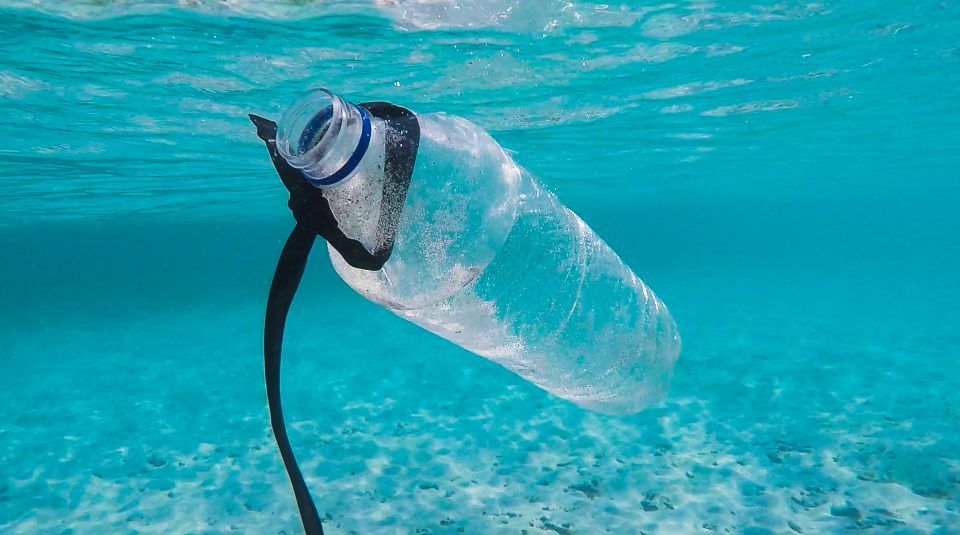Celebrated annually on 5 June since 1973 by the United Nations Environment Programme (UNEP), World Environment Day is the world’s largest platform for protecting the environment through various programmes to raise public awareness and promote action to protect and preserve the environment.
Today, as we mark World Environment Day through the #BeatPlasticPollution campaign with the theme “Ecosystem Restoration,” we are reminded that people’s action on plastic pollution matters.
Whether it’s polluting our landscapes or choking marine life, lightweight plastic is a major threat to the global environment and requires immediate action.
Plastic is now a ubiquitous pollutant. Plastic waste is found everywhere, from the remotest corners of the earth to the deepest trenches of the oceans. Time is ticking on PLASTIC BOMB, and when the equivalent of more than 2,000 garbage trucks full of plastic are dumped into our oceans, rivers and lakes every day, it puts nature into emergency mode.
World Environment Day has been celebrated year after year since 1973, 50 years ago, as a global initiative to raise awareness and inspire action to protect and preserve the environment. Are we really serious about protecting and preserving the environment? Today we will talk about it, but what about tomorrow?
Where are we today, let me give you a quick glance on the same. (Source United Nations)
More than 400 million tonnes of plastic is produced every year worldwide, half of which is designed to be used only once. Of that, less than 10 per cent is recycled.
An estimated 19-23 million tonnes end up in lakes, rivers and seas annually. That is approximately the weight of 2,200 Eiffel Towers all together.
Microplastics – tiny plastic particles up to 5mm in diameter – find their way into food, water and air. It is estimated that each person on the planet consumes more than 50,000 plastic particles per year –and many more if inhalation is considered.
Discarded or burnt single-use plastic harms human health and biodiversity and pollutes every ecosystem from mountain tops to the ocean floor.
With available science and solutions to tackle the problem, governments, companies and other stakeholders must scale up and speed actions to solve this crisis.
In our everyday lives today, plastic has many valuable uses, but our reliance on single-use plastic products has increased, with serious environmental, social, economic and health consequences. Every day, one million plastic bottles are purchased every minute around the world, and approximately five trillion plastic bags are used worldwide every year.
Through the regular use of single-use plastic, fossil and human activities on Earth today have so impacted the environment that significant geological change and a new marine microbial habitat, the “plastisphere”, have emerged – an ecosystem that has adapted to the man-made plastic environment.
So how did we get here?
In the early 1950s to 1970s, only a small amount of plastic was produced and used, so plastic waste was relatively manageable. However, in the decades between the 1970s and the 1990s, the production and use of plastics more than tripled. At the beginning of the 20th century, the amount of plastic waste produced increased at an alarming rate beyond the levels of the previous 40 years. Today, we produce about 400 million tonnes of plastic waste every year.
Of the nearly seven billion tonnes of plastic waste generated worldwide, only less than 10% has been recycled. Millions of tonnes of plastic waste are either lost in the environment or sometimes transported thousands of kilometres to third world countries where they are incinerated or landfilled, further exacerbating climatic conditions and global warming. Systemic change is needed to stop the flow of plastic waste into the environment.
But it is not too late to mend our ways. We must heed the call of Mother Earth and strive to live sustainably. Now that the world has recognised the problem and governments, industry and other stakeholders are beginning to act. We have seen many positive actions, but the truth is that we all need to do more and stop PLASTIC BOMB at the source. Systemic change is needed to stop the flow of plastic waste into the environment.
All this underlines how important this World Environment Day is in mobilising transformative action in all parts of the world. Today, protecting the environment is everyone’s responsibility. Small actions by individuals can together make a big impact. UNEP has called on people to eliminate plastic as much as possible and move to a circular economy. It has also called on people to join the #BeatPlasticPollution online campaign and share their initiatives and solutions to tackle plastic pollution. The steps that governments and companies are taking to fight plastic pollution are the result of this action.
It is time to change the way we produce, consume and dispose of plastic. Ultimately, the problem of plastic pollution requires concerted efforts by governments, industry and individuals to reduce plastic consumption, improve recycling infrastructure and promote sustainable practices.
 SURESH RATHOD
SURESH RATHOD

